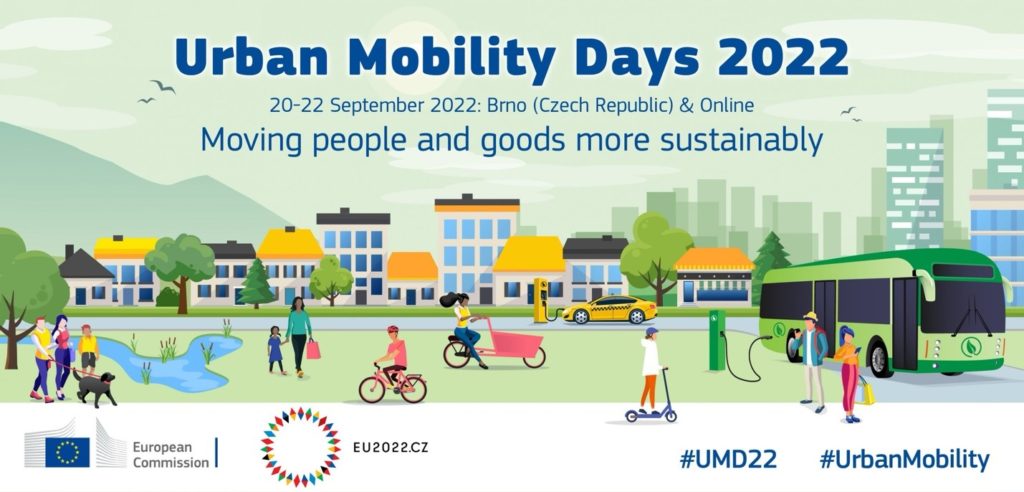Highlight 34/2023 – The Role of Public Transportation in Mitigating Climate Change: An Expedition towards a Sustainable World
Rothsopong Hap, 21 November 2023

2) : https://cinea.ec.europa.eu/news-events/events/life-urban-mobility-days-2022-2022-09-20_en
Climate change is among the most pressing issues facing our planet today, and transportation is a significant contributor to greenhouse gas emissions. As the world population has risen dramatically by nearly 800 million in a decade, between 2013 to 2023, there is a corresponding increase in demand for transportation options. Interestingly, private vehicles continue to be the predominant form of transportation, with cars ranking as the most widely used mode of transport in the EU. Notwithstanding the fact that climate change is an irreversible phenomenon, it is essential to devise an ideal solution towards greater sustainability and to avoid the situation becoming a nightmare, with billions of human lives and other species at risk.
To combat climate change and create a more sustainable world, all countries must look towards alternative modes of transportation to facilitate more climate-friendly means of commuting. While entirely eradicating pollution may not seem feasible due to the essential demands of most sectors, it is still possible to minimize pollution to a level that does not pose a significant threat to the environment and the well-being of future generations. With that being said, public transportation can play a critical role to maximize the effective and efficient use of energy resources, while simultaneously reducing the carbon footprint from the inefficient use of private vehicles.
Furthermore, public transportation can also encourage sustainable urban development by reducing urban sprawl and promoting more compact, environmentally friendly cities. Sustainable urban development also creates more walkable and bike-friendly communities, further reducing the reliance on private vehicles and promoting a healthier, more sustainable lifestyle. However, the question remains as to how to fully utilize and mobilize public transport over the need to use private vehicles.
Let us consider three stakeholders that can potentially underpin the development of public transportation. First, government authorities can play a key role by investing in and improving public transportation infrastructure, implementing policies and incentives to encourage public transport use, regulating emissions standards for private vehicles, and dedicating lanes and space for buses and railways. Second, urban planners can design cities and communities with efficient and accessible public transportation systems in mind, making it easier for people to choose public transport over private vehicles. Third, should there be any external investment in transportation, those companies can provide convenient services with a variety of subscription options in line with social standards while also working towards reducing the environmental impact of their services, which can be done by adopting alternative fuels such as electricity, natural gas, and biofuels, further reducing emissions and the reliance on fossil fuels. Switzerland, for instance, is aiming to switch from diesel to electric buses to promote the affirmation of non-fossil transportation carriers in public road transportation.
By providing reliable public transportation options, cities can reduce emissions and the need for private vehicle use, lessen the environmental impact, and maintain the citizens’ well-being and livelihood. In this regard, developing countries, especially in their metropolitan areas, are highly encouraged to take serious consideration in recognizing the importance of a fine public transportation system.
Rothsopong Hap, Highlight 34/2023 – The Role of Public Transportation in Mitigating Climate Change: An Expedition towards a Sustainable World, 21 November 2023, available at www.meig.ch
The views expressed in the MEIG Highlights are personal to the authors and neither reflect the positions of the MEIG Programme nor those of the University of Geneva.
